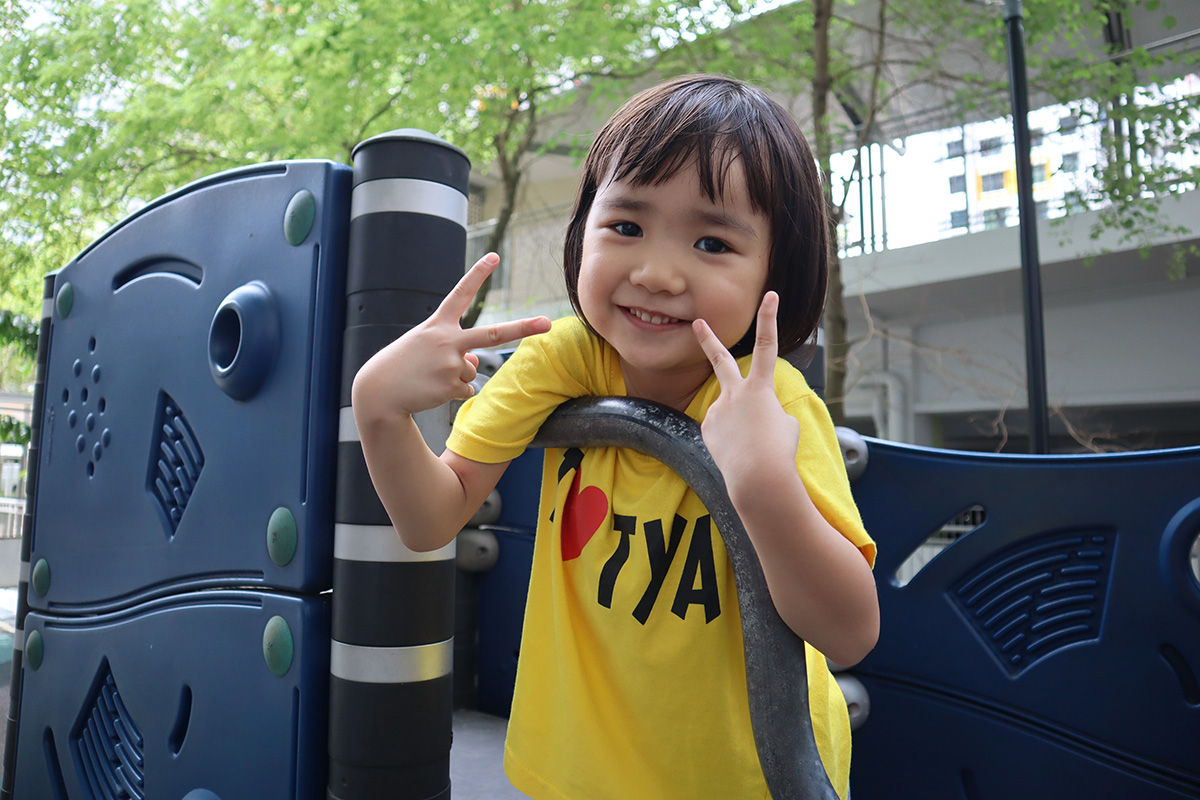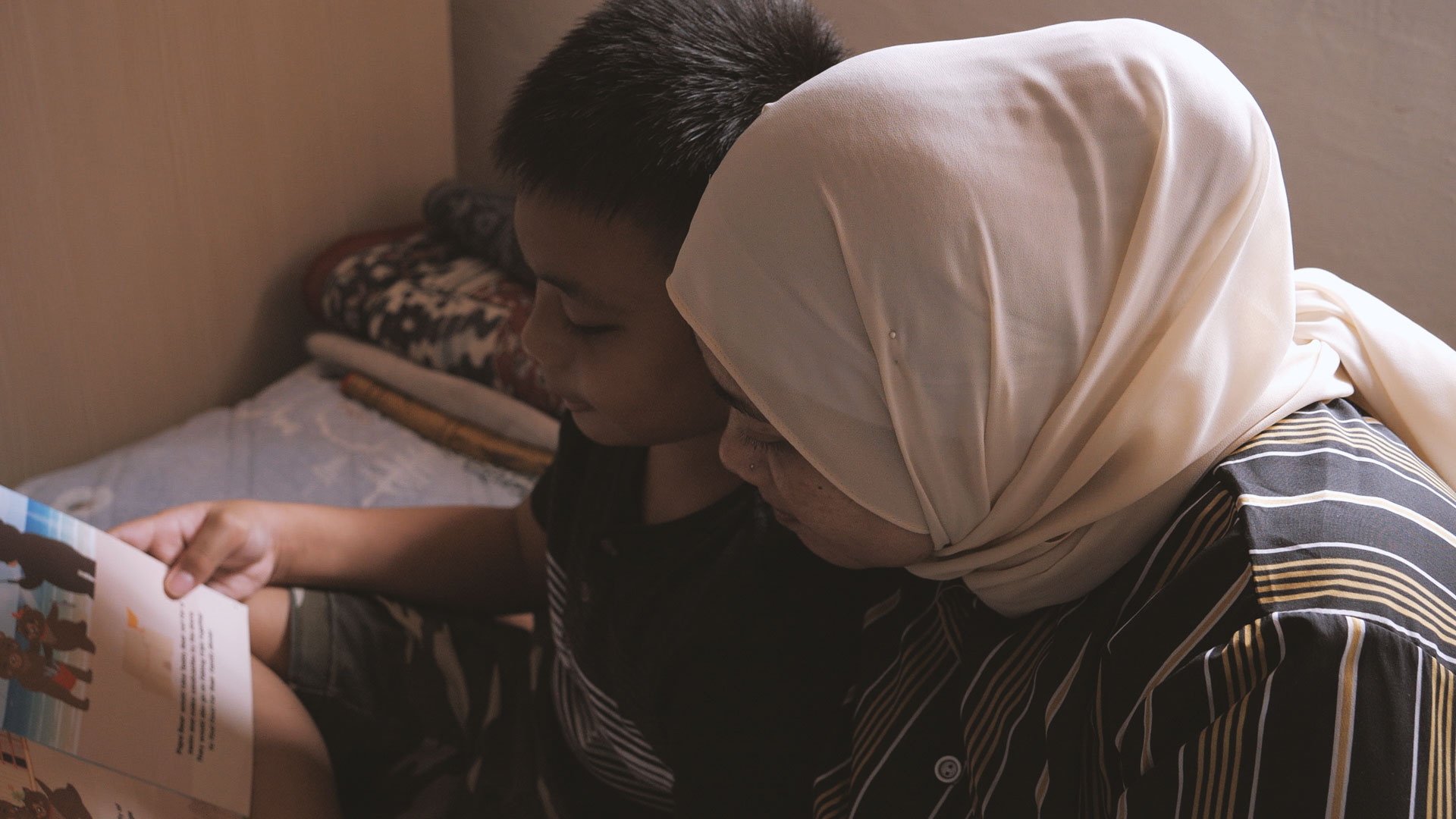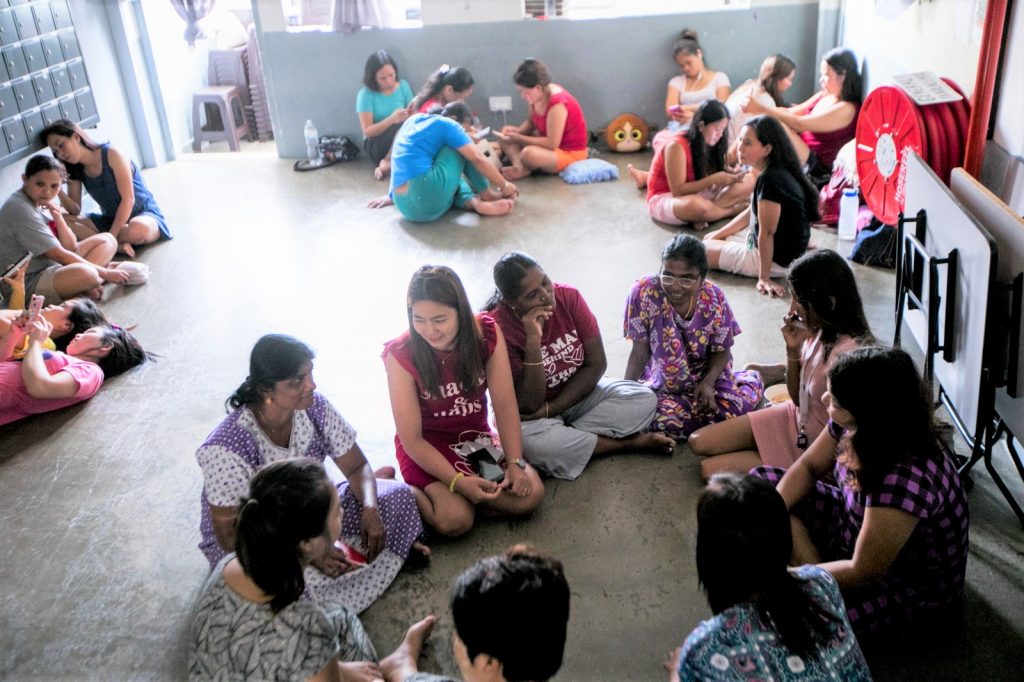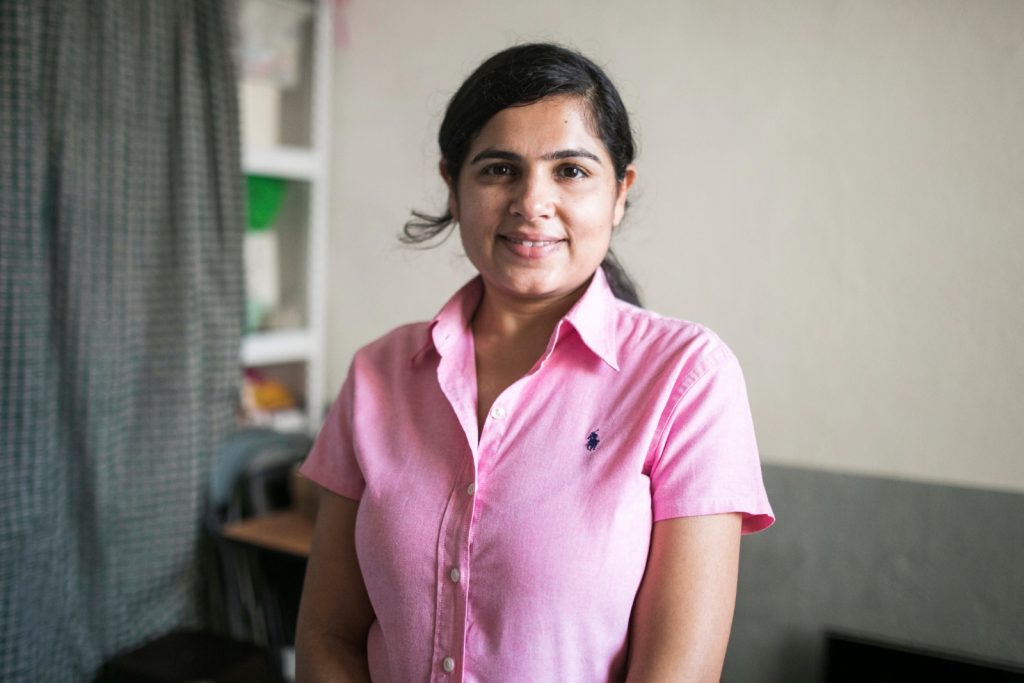HOME: Helping vulnerable migrant workers through crisis

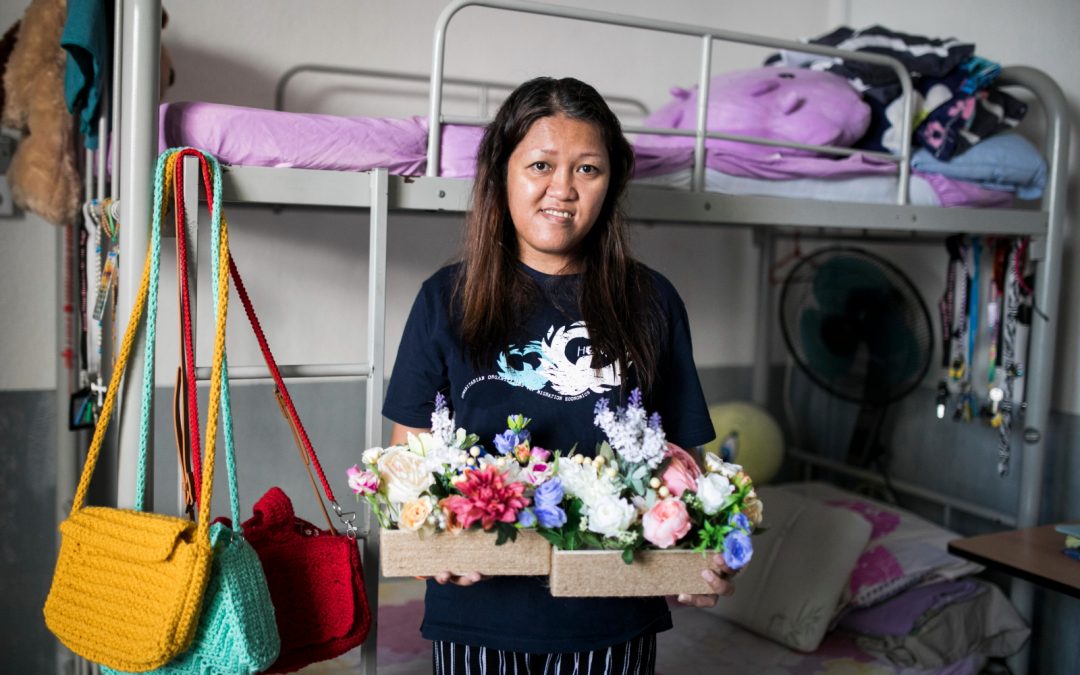
With almost one million low-wage migrant workers in Singapore, there is an increasing appreciation of the important role they play in our society. Yet, while migrant workers make up a significant part of our social fabric, their issues and challenges may often remain invisible from public view.
Since 2004, the Humanitarian Organisation for Migration Economics (HOME) has been aiding migrant workers in crisis situations. These workers have often suffered exploitation and abuse ranging from overwork, injury, wage theft to physical and emotional abuse. HOME supports around 2000 non-domestic workers and domestic workers each year.
“Many of the workers who come to us are already quite traumatised,” says Sheena Kanwar, Executive Director of HOME, “It is quite a journey for them: from making the decision to come here, receiving support, recovering from crisis and moving on with life.”
Support from donors to the Migrants Emergency Assistance and Support (MEANS) Fund, a community impact fund managed by the Community Foundation of Singapore (CFS), has helped HOME to provide immediate and short-term financial assistance to distressed workers. The financial support covers the basic necessities, medical care, transport and mobile phone top-ups. To date, the MEANS fund has disbursed around $60,000 to HOME.
Financial assistance is critical for these workers; many of them have no savings or have not been paid a salary for several months. If a worker decides to make a legal complaint against their employer, they may end up staying in Singapore for several years. “We help ensure there is a basic sum for their everyday well-being through this process, from food, transport to their medical needs,” says Sheena.
Beyond financial assistance, HOME has created “a sustainable system that allows us to respond to the different needs of a migrant worker in crisis,” explains Sheena. These services include help desks, legal, medical, and counselling teams, a shelter for vulnerable domestic workers, skill-building classes, to helping workers through re-employment. Moving forward, HOME looks to expand its reach, especially to vulnerable migrant workers from the Myanmar and Indian communities.
For these workers, HOME has opened a vital window of support – and even a new lease of life. Take Jofel, a domestic helper who has been living at HOME’s migrant worker shelter for over a year. After attending an art therapy class by the HOME Academy, Jofel stumbled upon her creative talent. She started to pursue her passion for handicraft, actively picking up skills online each day. Today, she is skilled at designing and producing a wide range of items, from bags, candles to flower bouquets. “I’m very grateful to HOME for its support. I discovered myself and my creative abilities here,” says Jopel. Upon her future return to her home country, Jopel hopes to start her own business.
Sheena is heartened by the surge of support amongst Singaporeans towards the plight of migrant workers; from enthusiastic young students who ask to join HOME’s projects, to HOME’s dedicated teams of legal, medical and counseling professionals. She says, “The support and empathy for migrant workers have gone up tremendously over the last five to seven years. It’s very heartening that people genuinely see the need for the work that we do.”
To support the MEANS Community Impact Fund, visit here.
With almost one million low-wage migrant workers in Singapore, there is an increasing appreciation of the important role they play in our society. Yet, while migrant workers make up a significant part of our social fabric, their issues and challenges may often remain invisible from public view.
Since 2004, the Humanitarian Organisation for Migration Economics (HOME) has been aiding migrant workers in crisis situations. These workers have often suffered exploitation and abuse ranging from overwork, injury, wage theft to physical and emotional abuse. HOME supports around 2000 non-domestic workers and domestic workers each year.
“Many of the workers who come to us are already quite traumatised,” says Sheena Kanwar, Executive Director of HOME, “It is quite a journey for them: from making the decision to come here, receiving support, recovering from crisis and moving on with life.”
Support from donors to the Migrants Emergency Assistance and Support (MEANS) Fund, a community impact fund managed by the Community Foundation of Singapore (CFS), has helped HOME to provide immediate and short-term financial assistance to distressed workers. The financial support covers the basic necessities, medical care, transport and mobile phone top-ups. To date, the MEANS fund has disbursed around $60,000 to HOME.
Financial assistance is critical for these workers; many of them have no savings or have not been paid a salary for several months. If a worker decides to make a legal complaint against their employer, they may end up staying in Singapore for several years. “We help ensure there is a basic sum for their everyday well-being through this process, from food, transport to their medical needs,” says Sheena.
Beyond financial assistance, HOME has created “a sustainable system that allows us to respond to the different needs of a migrant worker in crisis,” explains Sheena. These services include help desks, legal, medical, and counselling teams, a shelter for vulnerable domestic workers, skill-building classes, to helping workers through re-employment. Moving forward, HOME looks to expand its reach, especially to vulnerable migrant workers from the Myanmar and Indian communities.
For these workers, HOME has opened a vital window of support – and even a new lease of life. Take Jofel, a domestic helper who has been living at HOME’s migrant worker shelter for over a year. After attending an art therapy class by the HOME Academy, Jofel stumbled upon her creative talent. She started to pursue her passion for handicraft, actively picking up skills online each day. Today, she is skilled at designing and producing a wide range of items, from bags, candles to flower bouquets. “I’m very grateful to HOME for its support. I discovered myself and my creative abilities here,” says Jopel. Upon her future return to her home country, Jopel hopes to start her own business.
Sheena is heartened by the surge of support amongst Singaporeans towards the plight of migrant workers; from enthusiastic young students who ask to join HOME’s projects, to HOME’s dedicated teams of legal, medical and counseling professionals. She says, “The support and empathy for migrant workers have gone up tremendously over the last five to seven years. It’s very heartening that people genuinely see the need for the work that we do.”
To support the MEANS Community Impact Fund, visit here.

